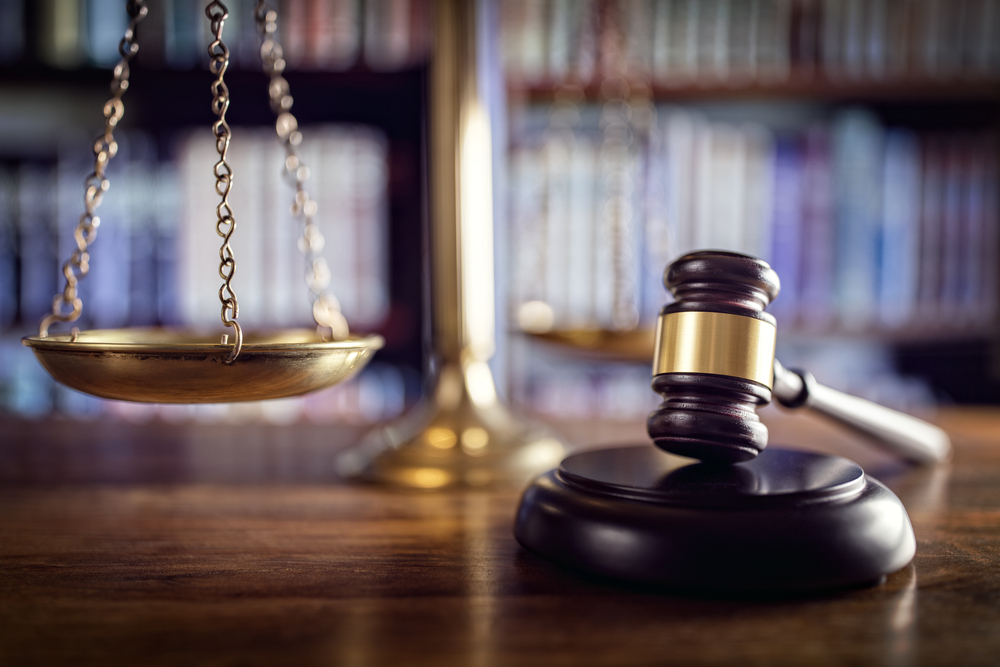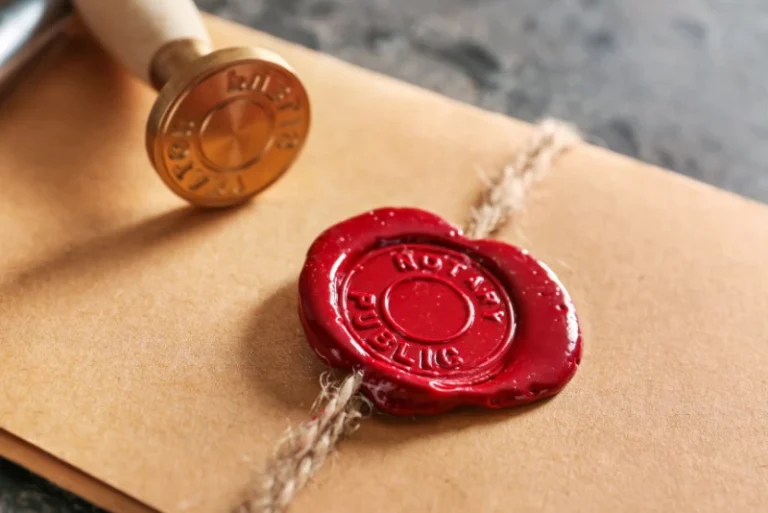
Bankruptcy is a life-changing event that can leave your credit in bad shape. While the impact of bankruptcy will remain on your credit report for some time, there are several ways to work towards a clean financial slate and adopt healthy credit habits. Be sure to consult with Cain & Herren bankruptcy lawyer for more information on how to prepare for and navigate this process.
1. Focus on Rebuilding Your Payment History
The fastest way to improve your credit score is to develop a current and consistent payment history. The amount of debt you owe, as well as your on-time payments, are the two largest factors that influence your credit score. While you may have to wait to obtain a new mortgage, car loan or credit card, you can start by establishing a steady payment history on other loan obligations such as student loans and auto payments. Generally, the credit scoring companies weigh the current payment histories of these types of loans more heavily than the history of revolving credit such as credit cards.
2. Apply for a Secured Credit Card
A credit card is one of the best tools to demonstrate financial stability and responsible credit use after bankruptcy. However, you may have trouble obtaining a traditional unsecured credit card right away due to the bankruptcy on your report. If you are able to get approved for a secured card, use it responsibly and make on-time payments. It’s important to keep in mind that the credit card companies are not legally obligated to report this positive activity to the credit bureaus, but you can request they do so.
3. Open an Account with a Cosigner
If you have the opportunity to obtain a loan or credit card with someone who has better credit, it may be beneficial to do so. If you are able to maintain a responsible payment history with this credit card, you may see your credit scores rebound within just a few years after filing for bankruptcy.
4. Avoid Taking On Any New Debt
Be cautious when applying for credit after bankruptcy and do not fall into old patterns of overspending. Take care to shop around for the best rates and avoid predatory lenders such as shady credit card companies and buy-here, pay-here car dealers.
5. Check Your Credit Report Regularly
Rebuilding a positive credit history takes time, so it is important to be patient and diligent in your efforts. It is also wise to check your credit report regularly to monitor progress and to identify errors that need to be corrected.
While the effects of bankruptcy can last for a while, it is possible to build a strong financial foundation and achieve your credit goals with diligence. By taking these seven tips into consideration, you can set yourself up for success in rebuilding your credit after bankruptcy.
Cain & Herren, ALC
2141 W Vineyard St, Wailuku,
HI 96793, USA
+1 (808) 242 9350
cainandherren.com







